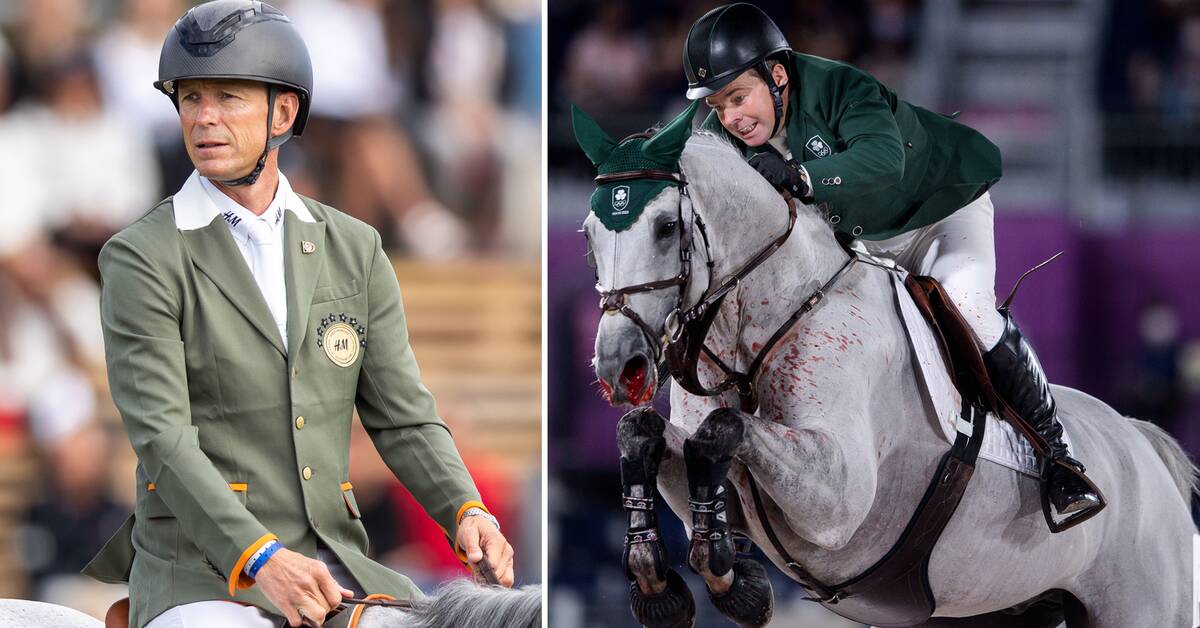There were three incidents in particular that came into focus during the Olympics in Tokyo in the summer of 2021.
The worst example was the event horse Jet Set.
During the cross-country ride, the gelding injured his right hind leg so severely that he had to be euthanized.
In modern pentathlon, where contestants are given 20 minutes to familiarize themselves with their assigned horse, Germany's Annika Schleu tried to get her horse Saint Boy to obey through repeated spurts and hard kicks with the spurs.
The German national team coach Kim Raisner punished the horse with blows and had to leave the Olympics.
"Thank god for getting upset"
These events led to a debate where the welfare of the horses was questioned, and some critics argued that equestrian sports should be banned from the Olympics.
- It is very easy to understand if you think that there are people who may not watch equestrian sports on a daily basis, and so they sit down to watch the fantastic Olympics - and then you are met with such images.
Thank you very much for getting upset, says Göran Dalin, chairman of the Horse Welfare Council at the Swedish Equestrian Association.
Now the International Equestrian Federation is acting.
A newly installed horse welfare commission has drawn up six recommendations that will put the best interests of the horse in focus.
This weekend, these will take center stage during the FEI's annual meeting in Cape Town.
One recommendation is to remove the requirement for kandar, a two-piece bit, and spurs in international Grand Prix dressage.
For the show jumpers, spurs have long been optional.
- I have several horses that are far too sensitive to spurs, so for me it is a matter of course that it should not be mandatory, says show jumper Malin Baryard Johnsson.
Another recommendation is that the jury or judge, in all disciplines, should be able to immediately stop an ongoing race that is against horse welfare.
Then the team can be disqualified without the possibility of an appeal.
Continued to compete despite heavy nosebleed
A clear example is what happened to Kilkenny during the Olympics in Tokyo.
The horse suffered a heavy nosebleed, despite this neither Irish rider Cian O'Connor nor the judges stopped the round, and the horse continued with his chest covered in blood.
- That's why judges are there, they are on the front line to make sure everything goes right and that is at least as important on the track.
So I think it is absolutely right that you should be able to blow off something that is not right, says Baryard Johnsson.
- The better the horses feel, the better they perform.
For me, horse welfare and the sport we do go hand in hand, says Peder Fredricson.

